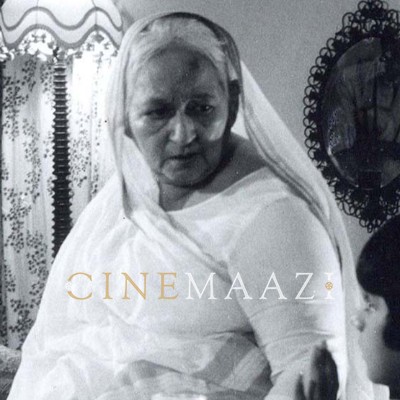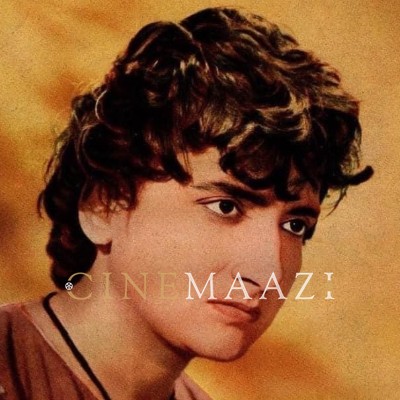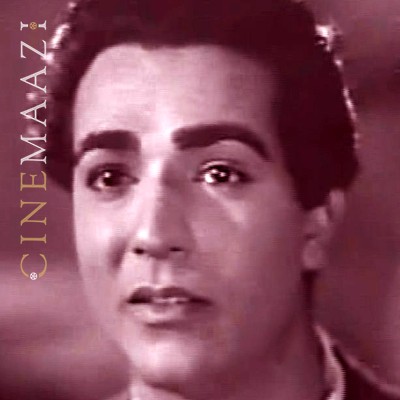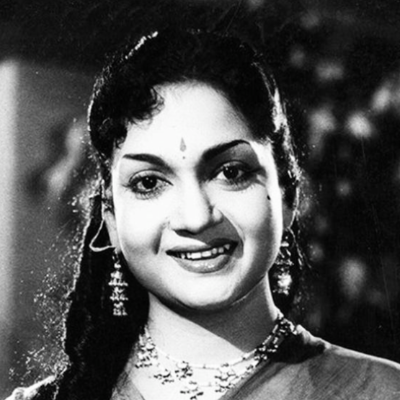Dhaniram
Subscribe to read full article
This section is for paid subscribers only. Our subscription is only $37/- for one full year.
You get unlimited access to all paid section and features on the website with this subscription.
Not ready for a full subscription?
You can access this article for $2 , and have it saved to your account for one year.
- Born: 1922 (Bulandshahr, United Provinces)
- Died: 14 March, 1967 (Bombay)
- Primary Cinema: Hindi
Music composer Dhaniram, who was active in the industry in the 1950s, was born in Bulandshahr, United Provinces. He developed a deep interest in music, to the extent that he did not realise how he overcame the many difficulties in following pursuing his path. In 1932, when he came to Shimla with his father, he stayed on in the hill station. Learning music till 1935 from Khan Saheb Buteh Khan, he took an oath to dedicate his life to music via singing and composing. After mastering the basics from Buteh Khan, Dhaniram continued to learn under his brother Omkarnath, whom he accepted as his guru. During those days, around the year 1935, Dhaniram used to sing for Akashvaani Delhi. The bhajans and songs he rendered gained admiration from listeners, as well as caught the attention of HMV Lahore, who invited him to sing for them. During World War II, he also worked for the Punjab government’s publicity department, before returning to Lahore to record more songs for HMV. He went on to become a music director for HMV Lahore in 1945, where he got the chance to score music for two films. It was there that he started his career by giving music in Papiha Re (1948), composing 12 songs. At the time of Partition, Dhaniram left the films he working on, incomplete and went to Delhi. He started working there as a music director. Later he moved to Bombay, where film offers started to flow his way. B R Chopra’s Sholey (1953), AVM’s Ladki (1953), Dhuan (1953), Dak Babu (1954), Gul Bahar (1954), Shaahi Chor (1955), Shahi Bazaar (1957), Taqdeer (1958), Baaje Ghungroo (1962), Meri Bahen (1962) and dubbed films like Matwaala (1958), Mahavath (1962), Taqdeer (1967), and Aankh Ka Nasha (1956) were some of the films through which he could channel his talent. His work in Lekhraj Bhakri’s Dak Babu is considered his best, showcasing the song Ghir ghir aaye badarva kaare rendered by Talat Mahmood.
Inspired by the folk music of Punjab and Uttar Pradesh, Dhaniram not only learnt music of all the states in India but also western music. According to him, audiences were happy to hear new tunes and newness can only be brought in by experimenting. He also incorporated elements of classical music in his tunes; unfortunately, the costume dramas that he was assigned to score music for, did not present many suitable opportunities for classical music.
Dhaniram went on to mentor musical talents and his disciples included such gems as O P Nayyar, Vinod who had scored music for the Punjabi film Chaman (1948), and Sabita Banerjee who lent her voice for the first time for a Dhaniram composition in the film Aankh Ka Nashaa (1956).
He believed that in order to compose a tune, one had to first think about the situation, and then get lost in the depth of the words of the song. Attempting to be in synchronization with what the lyricist has penned, he would ‘wrap the tunes around the words when the mind gave the nod’. He was a believer in lyrics being penned first, followed by the tune.
Dhaniram also believed that classical music had suffered a huge loss because of film music—because those who were well versed with classical music come to the film world, leaving many least interested in classical music. Those with knowledge of classical music are well aware of the basics of music and do not resort to the cheap ‘copying’ of tunes from Western or other foreign tunes. They work with the Raag-Raginis to create unique tunes. However, the same is not possible for some composers and thus they had a price to pay. He was also of the opinion that the tastes of the audience could not be measured - Just understand that whatever fascinates the mind becomes their favourite, was his belief.
Dhaniram passed away on 14 March, 1967.












.jpg)



